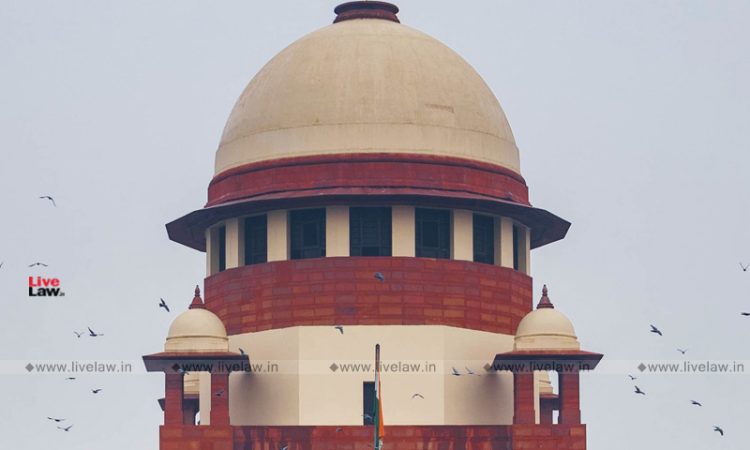Supreme Court Deprecates Practice Of Disposal Of Writ Petitions Without Deciding It On Merits
LIVELAW NEWS NETWORK
20 April 2022 2:25 PM IST

Next Story
20 April 2022 2:25 PM IST
The Supreme Court deprecated the practice of disposal of writ petition without deciding it on merits.The court reiterated that a High Court has a duty to deal with grounds/issues raised in a writ petition.The bench comprising Justices M R Shah and B V Nagarathna was considering an appeal filed against Uttarakhand High Court judgment.In this case, the Uttarakhand Public Service Tribunal...
